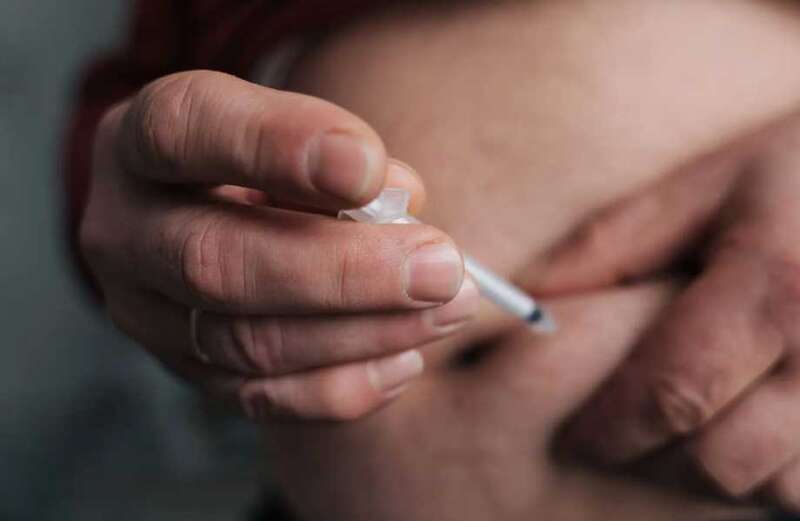BRITS have been told to avoid fake "skinny jabs" found in the UK which could be life threatening.
Earlier today the World Health Organization issued warnings on fake drugs claiming to contain the active ingredient found in Novo Nordisk's (NOVOb.CO).

The WHO's alert concerned three falsified batches of semaglutide that were detected in Brazil and the UK in October 2023, and the
United States in December 2023.
Dr Yukiko Nakatani, WHO Assistant Director-General for Essential Medicines and Health Products, said: "WHO advises healthcare professionals, regulatory authorities and the public be aware of these falsified batches of medicines.
“We call on stakeholders to stop any usage of suspicious medicines and report to relevant authorities.”
 Spectacular New Year fireworks light up London sky as huge crowds celebrate across UK for first time in three years
Spectacular New Year fireworks light up London sky as huge crowds celebrate across UK for first time in three years
A spokesperson for the WHO said: "WHO has been observing increased demand for these medicines as well as reports on falsification.
"These falsified products could have harmful effects to people’s health; if the products don’t have the necessary raw components, falsified medicines can lead to health complications resulting from unmanaged blood glucose levels or weight.
"In other cases, another undeclared active ingredient may be contained in the injection device, e.g. insulin, leading to an unpredictable range of health risks or complications.
"Semaglutides are not part of WHO-recommended treatments for diabetes management due to their current high cost.
"The cost barrier makes these products unsuitable for a public health approach, which aims to ensure the widest possible access to medicines at the population level and to strike a balance between the best-established standard of care and what is feasible on a large scale in resource-limited settings.
"Also, there are more affordable treatments available for diabetes, with similar effects to those of semaglutides on blood sugar and cardiovascular risk.
"WHO is currently working on a rapid advice guideline on possible use of GLP-1 RAs, including semaglutides, for treatment of obesity in adults and as part of a more comprehensive model of care.
"The term GLP-1 RAs stands for glucagon-like peptide-1 receptor agonists, which include semaglutides, for a class of medicines used for diabetes treatment to lower blood sugar and support weight loss.
"To protect themselves from falsified medicines and their harmful effects, patients who are using these products can take actions such as buying medicines with prescriptions from licensed physicians and avoid buying medicines from unfamiliar or unverified sources, such as those that may be found online.
"People should always check packaging and expiry dates of medicines when they buy them, and use the products as prescribed.
 Robbie Williams poised to launch his own brand of energy drinks to rival Prime
Robbie Williams poised to launch his own brand of energy drinks to rival Prime
"In the case of injectable semaglutides, patients should ensure they are stored in the refrigerator. All notifications on falsified medicines can be sent to WHO via rapidalert@who.int."



































